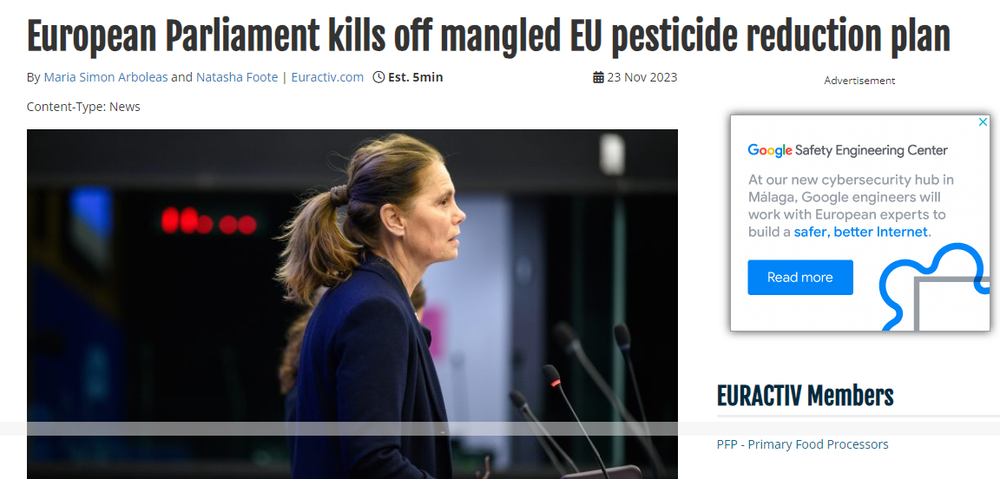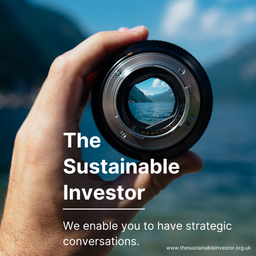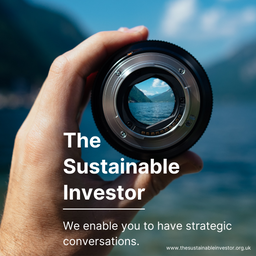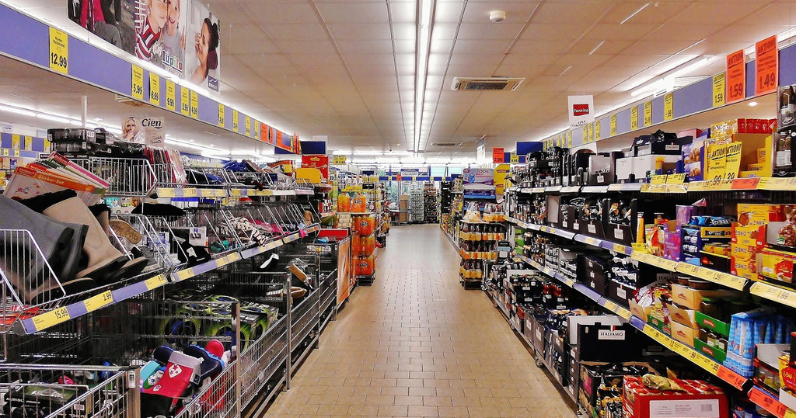Sunday Brunch: tariffs and the read across for sustainability
How the financial markets have reacted to the current tariff 'war' gives us some useful insights into how the sustainability transitions might play out. Of the three main alternative scenarios we suggest only one will deliver progress. The other two would lead to negative outcomes.
The recent stock market declines suggest that investors believe that a reduction in free trade will be bad for the future financial performance of most (if not all) companies.
But what has this to do with sustainability? The answer is simple, it shows us how the market absorbs and processes information - and by doing so gives us some pointers as to how the sustainability transitions might play out.
And it also gives us some insights into how we might get investors and companies to act in a proactive way.
This blog was prompted by a recent LinkedIn post from Alex Edmans. Up until then I was going to write some more about intangibles. Thanks Alex.
What new information did the tariff changes give investors?
First, a quick reminder. In fairly efficient financial markets (which is largely what we have) investors absorb and act on the available information to set a 'fair' price for the shares etc of a company.
Notice we don't say that the market perfectly processes information - it can (and often is) wrong. But by and large it needs new information to emerge for the market to change its (collective) mind.
That is what happened with the tariff announcements. Yes, US President Trump had been saying for a long while he felt that the current world trade outcomes were unfair to America. But the consensus view in the markets (having absorbed all publicly available information) was that he would only go so far.
The fact that he kept going was 'new' information. And as that was processed the market collectively came to the view that the proposed tariffs would be bad for the US economy. Not just in the short term but in the long run as well.
As Alex Edman's put in it his post....
Finance 101 states that the stock price is the present value of all future dividends - including into the very distant future.
This highlights the flaws in claims such as "tariffs will benefit the US in the long-term; the stock price fall is only due to short-term pain". The stock price takes into account both short-term and long-term impacts. The substantial market declines reflect how the consensus of millions of investors is that tariffs will be highly damaging, not just to the rest of the world but to the US itself.
What does this tell us about the sustainability transitions
Unlike tariffs, we do not (yet) seem to be seeing a massive repricing of company share prices (or debt) in relation to sustainability transition risks (both environmental and societal). Yes, this is happening on the margins, but if we take fund inflows as a metric, it is not happening at scale.
According to Morningstar "global sustainable funds faced record outflows of $8.6 billion in Q1 2025, reversing $18.1 billion in inflows from the previous quarter".

Many people see this as a short term response to recent political events. And while this may be partly true, if we follow Alex Edmans logic above there must also be a substantial longer term driver.
I suggest that this driver is a belief among a large number of investors and companies that even in the longer term governments etc will not make the permanent changes needed for more sustainable companies to thrive. And for less sustainable companies to falter.

Notice again, I am not saying this is correct, and there are a lot of people working very hard to make change happen. But a lack of long term commitment to sustainability by governments seems to be the current consensus among investors.
How might this consensus change?
Changing investor perceptions - three scenarios
Scenario one is we keep doing what we have been doing for the last few years (decades?). Sadly, this doesn't seem to be working. While there have been some successes, the speed with which the regulations etc have been unwound suggests at best weak support.
Scenario two is that we wait for a 'tariff reset' type event. Basically an event that brings the negative impacts into sharp focus, changing the consensus investor narrative. As we have seen from the tariff change induced stock market declines, this type of change in consensus can make a massive difference to company share prices. And make investors and companies think differently about the future.

The problem I can see is that by the time this happens, it's probably too late to make the changes we need.
Scenario three is a two pronged attack. One group lobby governments and the wider civil society to change the rules and regulations under which most companies operate. And the second group work with companies to say ...
'given that change is happening, and that it will financially impact your business in the long term, isn't it better to be proactive. To start to change now, and make your business model more sustainable and resilient'.
This second group works on the financial impact on companies, not just of the expected changes in regulation, but also technological advances, changing customer preferences, and the impact that climate change and social factors will have on supply chains etc.
It feels to me that scenario three gives us the best chance of success - do you agree or do you have a different perspective.
If I am right, we need a pivot and we need it soon.
One last thought
When we talk to investors and companies about why being proactive about the upcoming sustainability changes makes good business sense, we should not forget intangible assets and investment.
What are intangibles and why are they important to delivering long term financial performance?
In simple terms they are assets that you cannot see. They are the opposite of tangible assets, which are physical things such as factories, equipment, and power stations. Intangible assets by contrast are invisible things like brands, reputation, intellectual property, and human skills/relationships. Plus the right to operate.
While they are invisible, hopefully it's clear how important they are to the success of an organisation.
Sustainability can be like a good brand. Without it your business can lack the quality that makes consumers happy to pay a premium price, for employees to keep going that extra mile, and for the providers of capital to continue to support you. Not just today or tomorrow, but way out into the future. But, in the same way that creating a good brand means making hard choices, not all sustainability issues are material to creating a valuable intangible asset.

Please read: important legal stuff.





